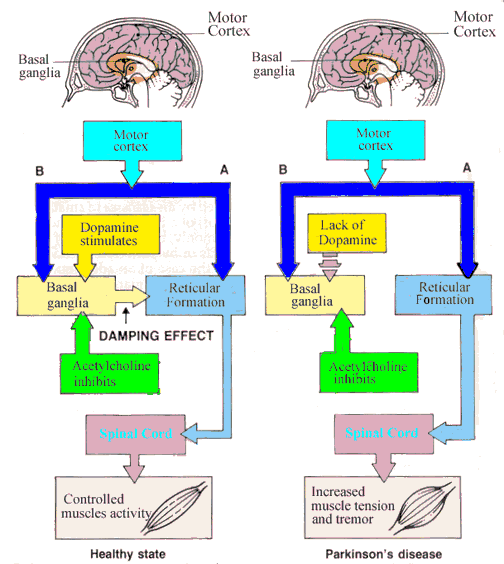
HOUSTON, Jan. 5 (UPI) — a leukemia drug could prevent destruction of brain cells in Parkinson’s disease, which could lead to ways to slow its progression, U.S. researchers say.
Scientists at the University of Texas Health Science Center discovered a mechanism in Parkinson’s that prevents a protein called parkin from keeping the brain clear of other proteins that can accumulate and kill off cells, The Houston Chronicle reported Tuesday.
Researchers found an enzyme linked to chronic myeloid leukemia blocks parkin from working, and when a leukemia drug was used to block the enzyme it prevented destruction of those healthy cells.
Scientists acknowledge the research is preliminary and the drug used in the experiment with mice doesn’t work well in the human brain, but similar drugs in development might better penetrate the brain and target the specific enzyme at fault more precisely, they say.
About a half-million people suffer from the tremors and stiffness of Parkinson’s, caused by damage to the dopamine-producing cells in the brain.
“The (current) treatments are mostly to improve symptoms,” Syed Imam, UT adjunct assistant professor of medicine, said. “They do not address how to slow down the disease. Our studies were targeted at whether we could actually slow the progression.”